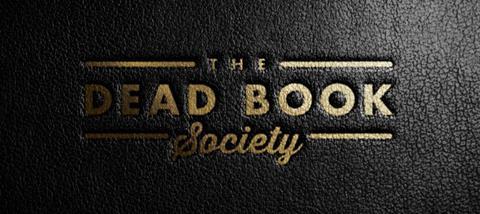
Have you ever thought, ‘if only we had an autobiographical account of someone coming to faith that deeply reflected on their life as a teenager and young adult outside of Christ before their conversion?’ Good news! Augustine of Hippo (354 AD – 430 AD) wrote that exact book at the end of the 4th century. Alright, you may never have asked that exact question, but you should be glad Augustine saw fit to give us an answer in his autobiography The Confessions. Augustine was born into Algeria (then part of the Roman Empire) and though his mother was Christian he grew up rejecting Christ. He eventually became a Christian at 32, and went on to become a minister, bishop, and theologian at large. Outside of The Confessions he’s mainly known today for his work on original sin and free will and his massive book The City Of God where he argues what the Church looks like with the Christian Roman empire falling apart (if you want to think deeply about ministry in a post-Christian society, Augustine laid the groundwork 1550 years ago).
But The Confessions is the work he’s rightly most remembered for. It’s split up into thirteen short-ish chapters: the first nine are autobiographical, each dealing with a stage in his life, mostly dwelling on his life outside of Christ and the different philosophies he rejected before eventually being saved (spoiler: he doesn’t get saved till chapter eight); the final four chapters deal with more philosophical matters. It’s named The Confessions after those first autobiographical chapters. Augustine is recounting his life story as a public confession, so that people see how gracious God is in bringing home his people. Because of that, there’s real theological depth to Augustine’s words; he shows his past actions for what they are in light of the Bible, and confesses them to the Lord, which leads him to praise.
Why should you read it? For a dozen reasons! Augustine’s journey from a frustrated, angst-ridden young man to someone resting in God’s grace is a fascinatingly edifying read, but he also tackles a bunch of other issues on the way. Wondering about free will in salvation? Augustine ponders it too. Concerned about emotional manipulation in worship music? Augustine was as well. Discouraged at why your young people aren’t trusting Jesus despite your best efforts? Take solace that despite sitting under some of the best preaching and the constant prayers of his mother, Augustine’s conversion was painfully slow. Want a coherent Christian argument against astrology? Well, that would be odd, but Augustine covers it in The Confessions. It’s a beautiful book, and one that’ll get you praising God for his grace in Jesus.
A couple of notes on reading The Confessions. Get either the Maria Boulding or the FJ Sheed translation. Also, because Augustine jumps between biographical narrative and reflection and confession, it’s useful to read Augustine’s biography on Wikipedia first to see the big picture of his life before you dive into the detail.




























